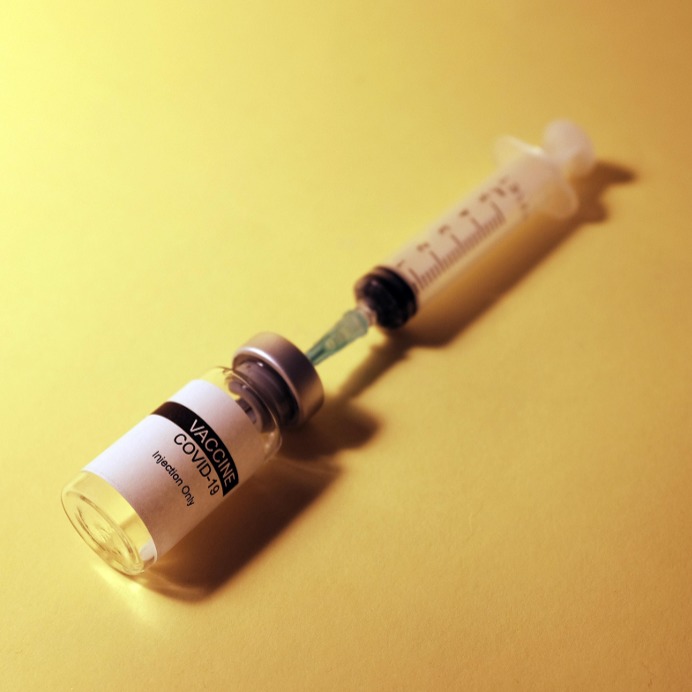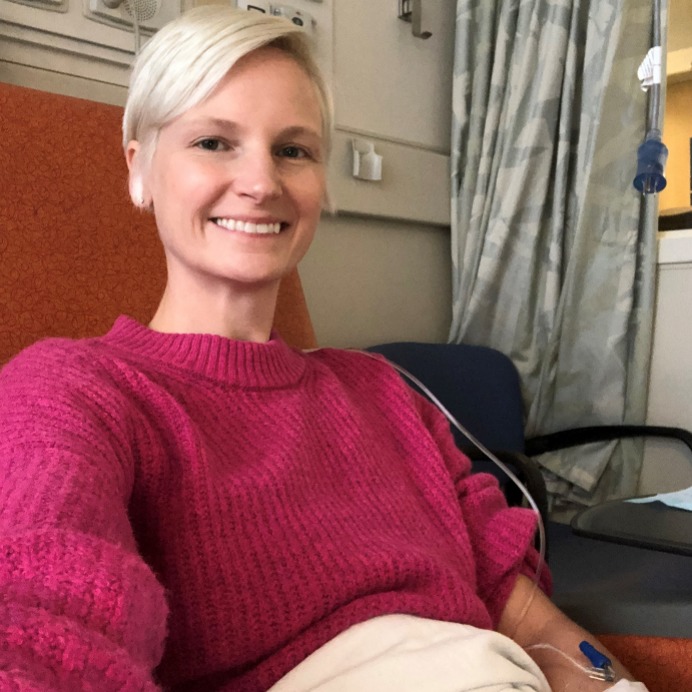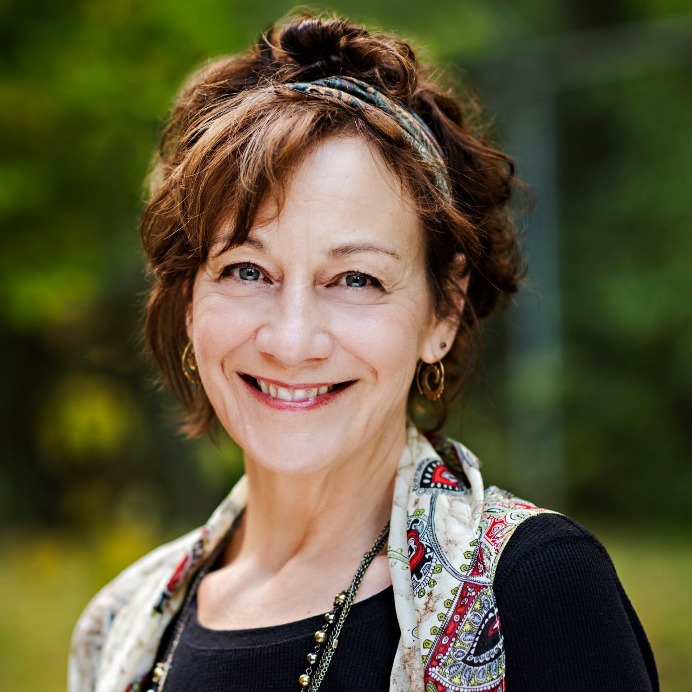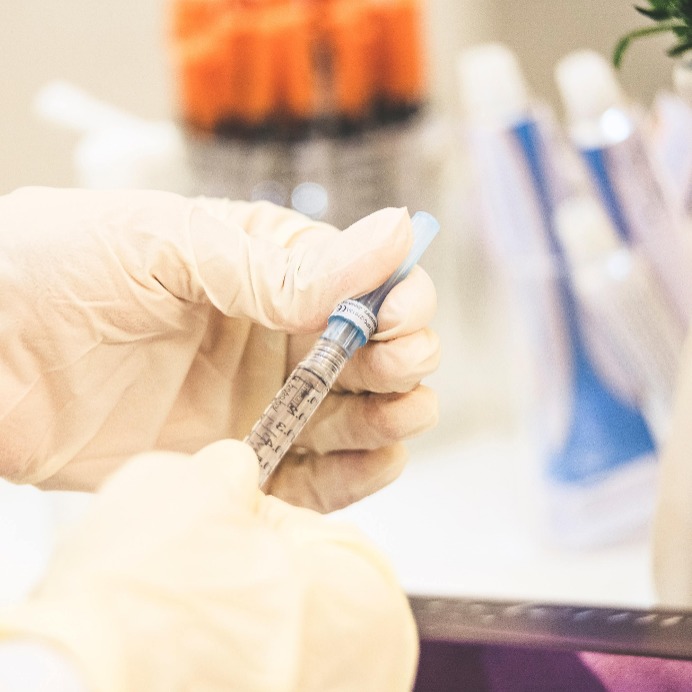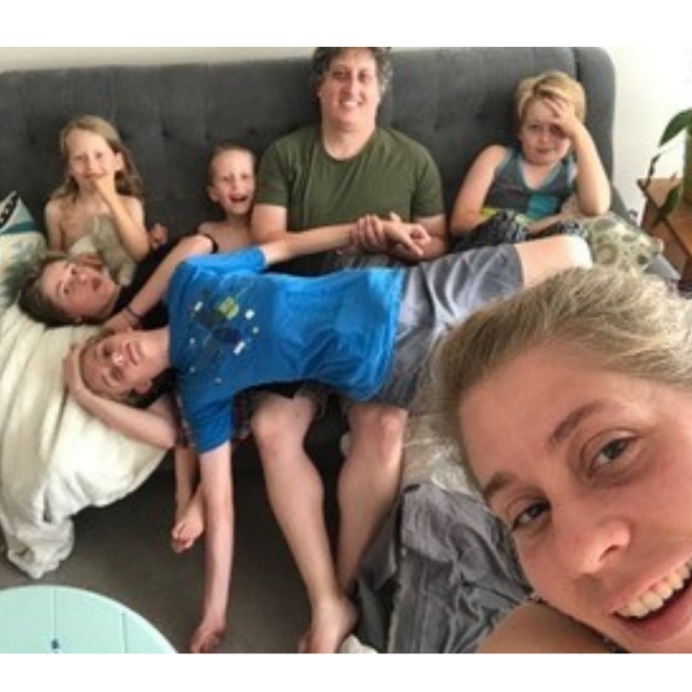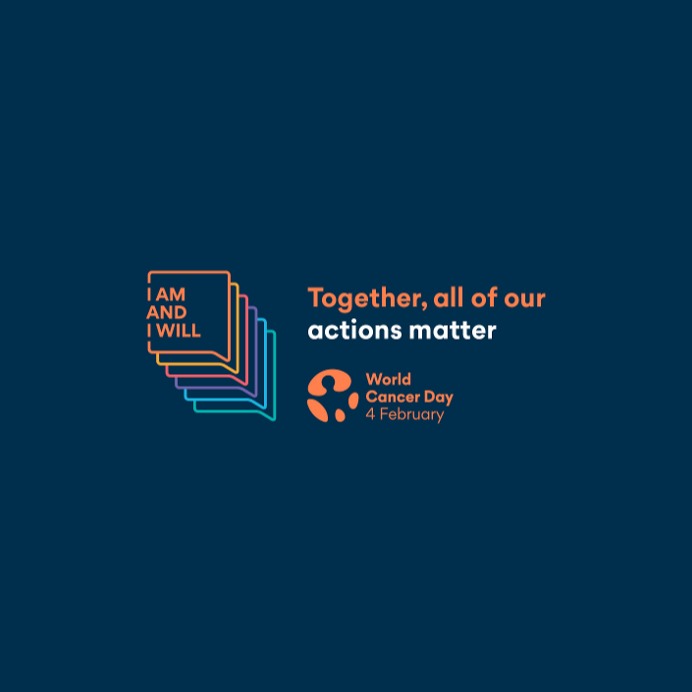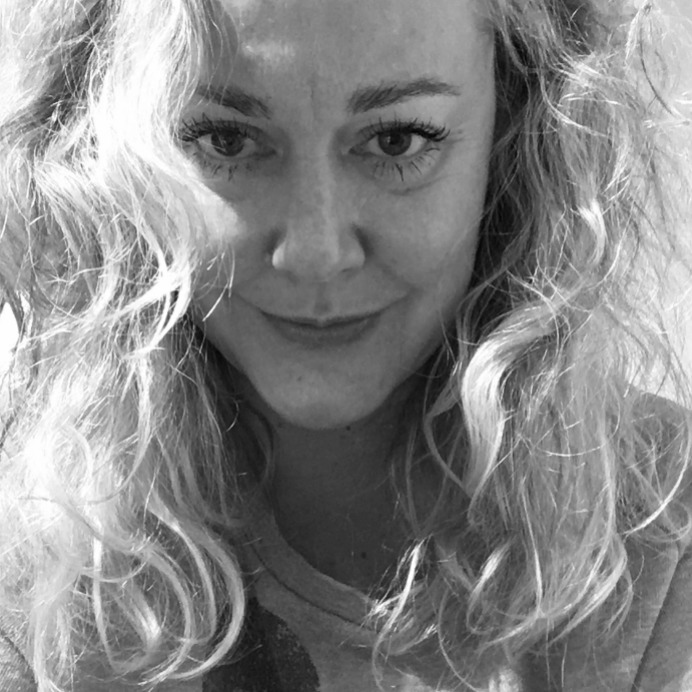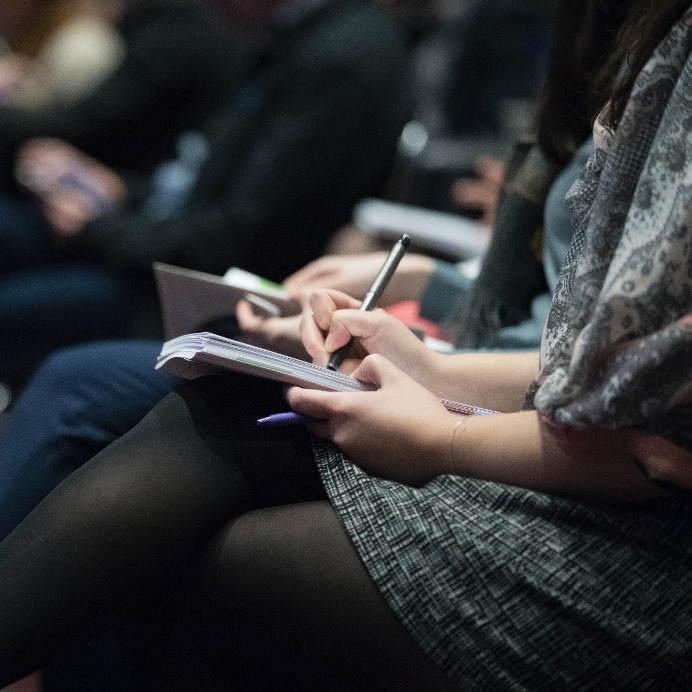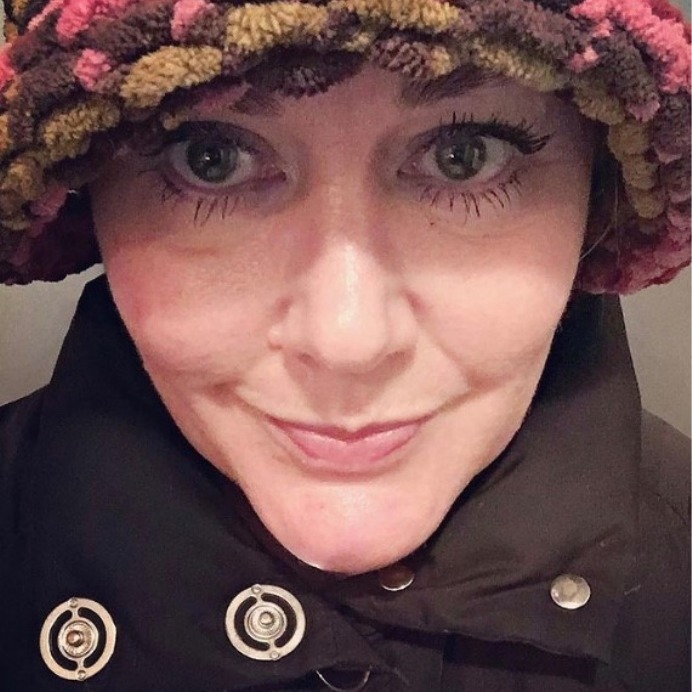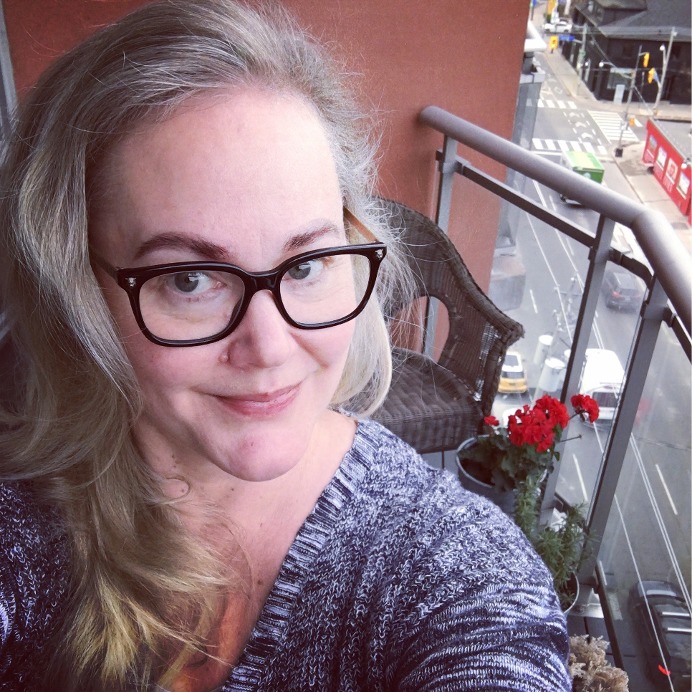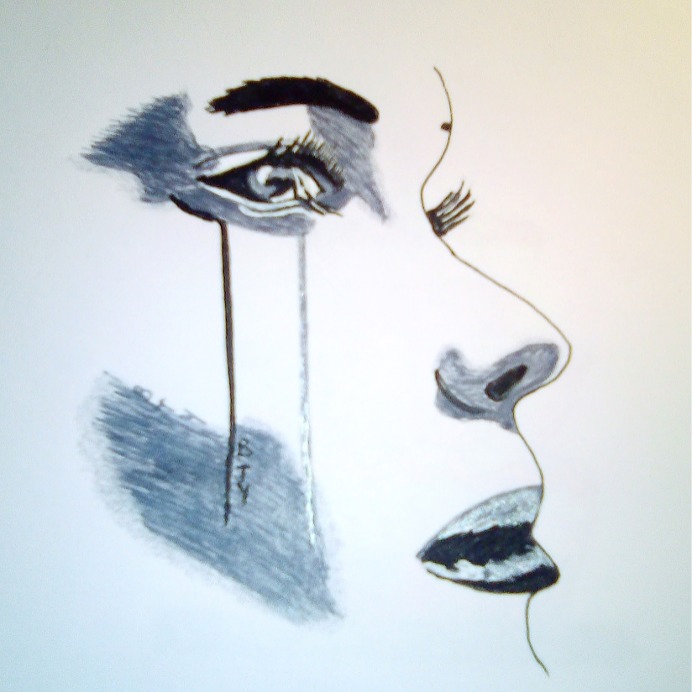By continuing to use our site, you consent to the processing of cookies, user data (location information, type and version of the OS, the type and version of the browser, the type of device and the resolution of its screen, the source of where the user came from, from which site or for what advertisement, language OS and Browser, which pages are opened and to which buttons the user presses, ip-address) for the purpose of site functioning, retargeting and statistical surveys and reviews. If you do not want your data to be processed, please leave the site.
The Voice of People With Breast Cancer
Education
Our Voices Blog
Contributor : CBCN Team
Oncologists Share What You Should Know About the COVID-19 Vaccines
When the COVID-19 pandemic was first declared in March 2019, there was a lack of information about the virus. As time went on and more and more research was conducted, we were able to learn more about how the virus worked, who it was infecting, its symptoms and more. One of the pieces of information from this research was that cancer patients were more likely to have adverse outcomes if diagnosed. Although there was not enough evidence to pinpoint which cancers made individuals more susceptible or enough research to definitively say whether past and present patients had the same concerns, the few findings were enough to label individuals diagnosed with cancer as high-risk. Of course, one’s risk level is dependent on many different factors and varies from person to person.
We Are All the Divine Feminine
At the very core of my being, I radiate feminine essence. I grew to understand this through the loss of a physical trait that has been deeply rooted as a symbol of femininity and sexuality for so many centuries - my breasts. At the age of 18, I was diagnosed with the BRCA1 genetic mutation just as my mother, auntie, and sister before me. This meant that I was at high risk for contracting breast cancer.
World Lymphedema Day 2021: Making Treatment More Accessible
The goal of World Lymphedema Day is to make cures for lymphedema and lymphatic diseases a global priority. It is an annual awareness event with participation in many countries around the world. The Lymphedema Association of Ontario (LAO) has committed to improving the lives of people living with lymphedema since it began in 1996 and has become a more dynamic organization in the last year. World Lymphedema Day offers us an opportunity to continue our advocacy and awareness work. LAO partners with hospitals, our professional members, and patients to bring attention to lymphedema in Ontario.
Getting Through My Worst-Case Scenario
The worst weeks of my life had finally come to an end. It had been six weeks since my lumpectomy. Six terrifying weeks, living with many unknowns, in a state of complete disillusionment. But the wait was finally over because today I would meet my medical oncologist for the first time, she would go over my pathology report, and reveal my treatment plan. Going into the appointment I felt ready to face whatever would come my way. After experiencing the darkest days of my life, I had emerged feeling strong and optimistic. I had done a lot of research and decided that the odds were in my favour, I could beat this… unless I had triple negative breast cancer (TNBC), because that was a different story. However, I wasn’t worried about that because I knew that TNBC only makes up 10-20% of breast cancers and that aside from my age, I didn’t really have any risk factors. So, there I was, full of hope, when I was hit with what I had identified as the worst-case scenario. As soon as I heard “Your cancer is triple negative”, I burst into tears. I don’t remember much of the appointment after that.
Triple Negative Breast Cancer: Shoulda, Woulda, Coulda and a TIP
If you’re going to be told you have breast cancer, you want to be able to say, “They caught it early.” With Triple Negative Breast Cancer (TNBC) - an aggressive, difficult to treat type of breast cancer - early detection is especially important.
Immunotherapy and Breast Cancer Explained: Thoughts From a Researcher Who Has Also Had Triple Negative Breast Cancer
Traditional cancer therapies (such as chemotherapy and radiation therapy) have shown widespread success against various cancer types, but are known to have toxic, undesirable side effects as they do not selectively kill cancer cells and therefore actively damage healthy cells as well. This is where immunotherapy comes into play. Immunotherapy is a form of therapy that uses the body’s own immune system to fight the cancer within it. Think of your body as a battlefield and your immune system the frontline of soldiers, ready to attack foreign invaders. The problem with cancer cells is that they are not easily recognized as foreign pathogens (such as viruses or bacteria) because they originate in the host’s body and mutate from normal cells. It has long been postulated that the immune system could be used to target and kill cancer cells, but the process of figuring out how to harness this ability is not a simple task.
Eight Items That Helped Me Recover from Breast Cancer Surgery
The day my doctor told me I had breast cancer was the same day I met my surgeon and was scheduled for a partial mastectomy (otherwise known as a lumpectomy), breast-conserving surgery. It’s not surprising. The Canadian Breast Cancer Society attributes breast cancer as being the most commonly diagnosed cancer among Canadian women and the second leading cause of cancer death in Canada, so booking a surgery right away is a priority.
Parenting in the Midst of Trauma
My oldest son is 17. Then 14, and 10- and 6-year-old twins. While I don’t claim to be any kind of parenting expert, I’ve had enough experience now to know a thing or two.
This World Cancer Day, Commit to Act
February 4th is recognized as World Cancer Day, a global initiative led by the Union for International Cancer Control (UICC) that is focused on awareness, education and action. The goal of this day is to create a world where death from cancer is preventable and where everyone can access proper care and life-saving treatment.
Why Tamoxifen is a Pain in my Ass and Other Bodily Infractions
Two days ago, my lower back seized and then, seemingly stuck. Never have I ever had back problems. Yet, here I am frozen with body-gripping spasms. I can’t roll over in bed, stand up straight or even wipe my bum without yelping loudly. Thank God, and I don’t say this lightly, I was able to call a friend (who suffers from chronic back pain), who called her chiropractor, who graciously booked me in at the end of his appointment-packed day.
Research Highlights from the 2020 San Antonio Breast Cancer Symposium
The San Antonio Breast Cancer Symposium is the annual breast cancer conference that brings together researchers, clinicians, patients and manufacturers from all over the world to discuss the latest breast cancer research. While the 2020 symposium was held virtually, there was still an incredible amount of new research shared.
Will Pharmacare Finally Be a Reality in Canada?
While Canada has a universal healthcare system, this system does not universally cover prescription drugs, nor does it address out-pocket-costs that many, including breast cancer patients, face when they navigate our healthcare system. Every country that has a universal healthcare system also has universal prescription drug coverage – every country but Canada. This results in unequal access to treatment based on a variety of factors, such as where a person lives, the type of insurance they have, their age, their income, and more. To address this, many have suggested implementing national pharmacare – a universal drug coverage system that is publicly funded. We’ve written on pharmacare in the past, on what it is and why it should matter to breast cancer patients and on where Canada’s federal parties stand on pharmacare.
Our Top Blogs From 2020!
2020 was eventful, to say the least. It was a year where many had to shift and pivot from their everyday normal. Appointments were cancelled, surgeries were delayed and rescheduled, and patients found themselves having to access their doctors and healthcare team through a screen. Breast cancer patients had to not only worry about their risk of contracting the COVID-19 virus, but they also had to maintain their cancer care as best they could, something that was a challenge both mentally and physically.
Three Things to Know Before Your Lumpectomy
I’m a talker. I like to communicate and sometimes, okay often, I’m an over-sharer. I need to know what’s going on and why and in my version of yin and yang, I believe that because I’m an open book everyone else will be too. Except, not so much.
CBCN In Action in 2020: Our Year in Review
As the year slowly winds down, we look back on some of the many activities and projects that CBCN has participated in, developed, or updated. These efforts reflect our ongoing commitment to that ensure that the voice and perspectives of breast cancer patients are reflected in the work that we do.
Recognizing CBCN’s Breast Cancer Awareness Month Fundraisers
October is Breast Cancer Awareness Month and each year, we see a surge of individuals, companies, and organizations joining the conversation to raise awareness of breast cancer. Amid the ongoing COVID-19 pandemic, people and organizations participated in virtual events, used their social media to raise awareness, and donated to various breast cancer organizations.
Making the Right Choice
Recently, after spending eight hours with abdominal pain so intense I was doubled over, I conceded to my sister Liz, who insisted a trip to the hospital was necessary and crawled downstairs, ordered an Uber, pulled a patterned facemask over my nose and mouth and went. Twelve hours, three hits of morphine and one magnetic resonance imaging (MRI) scan of my lower abdominal organs later, the emergency room doctor told me a lesion on the right side of my liver was the culprit. Based on the scans I’d had taken of my major organs prior to my breast cancer surgery, the lesion was new and potentially the result of the original tumor and/or the treatment I’d received post-operation. An ultrasound followed, revealing the lesion’s 5cm length by 5cm depth by 5cm width. A second MRI has been scheduled.
Feeling Pain and Sensations in the Area of Your Removed Breast? You May be Experiencing Phantom Breast Syndrome
Some breast cancer patients who had a mastectomy have reported feeling painful and non-painful sensations in the area of the breast that was removed. This condition, known as phantom breast syndrome (PBS), usually start in the first year after a mastectomy. Sensations due to PBS usually occur in the chest, armpit, surgical scar, and inner arm and last far beyond the expected time for post-surgical pain. The prevalence of PBS is not exactly known, most likely due to a lack of reporting as patients either feel like it is not that big of a deal or because they find it hard to describe. PBS has been reported to affect anywhere between 4% to 56% patients; other studies report that it affects anywhere between 10% to 55% of women.
Three Sisters Fighting Cancer Together
I am a 51-year-old woman from the Loire Valley. I live near Orléans, 120 kilometres south of Paris. I grew up surrounded by women. I am the youngest of five sisters; twenty years separate me from my oldest sister and ten years separate me from the fourth one. Our mother received her breast cancer diagnosis in 1985 and at the time, cancer care was awful. My father died from a cardiac arrest in July 1986, probably caused by grief. My mother was brave and fought as much as she could, but she passed away in May of 1989 when I was 20 years old. Because of her breast cancer diagnosis, my sisters and I have closely monitored our risk of developing breast cancer.
Blood Clots and Cancer: What Is It and Are You at Risk?
When you have a cut or an injury, blood clots are useful in stopping the bleeding in order to help your body heal. However, there can be a negative side to blood clots. If a blood clot develops in a vein, which is called a venous thromboembolism (VTE) or venous thrombosis, or if it develops in a deep vein, which is called a deep vein thrombosis (DVT), there may be cause for concern.

